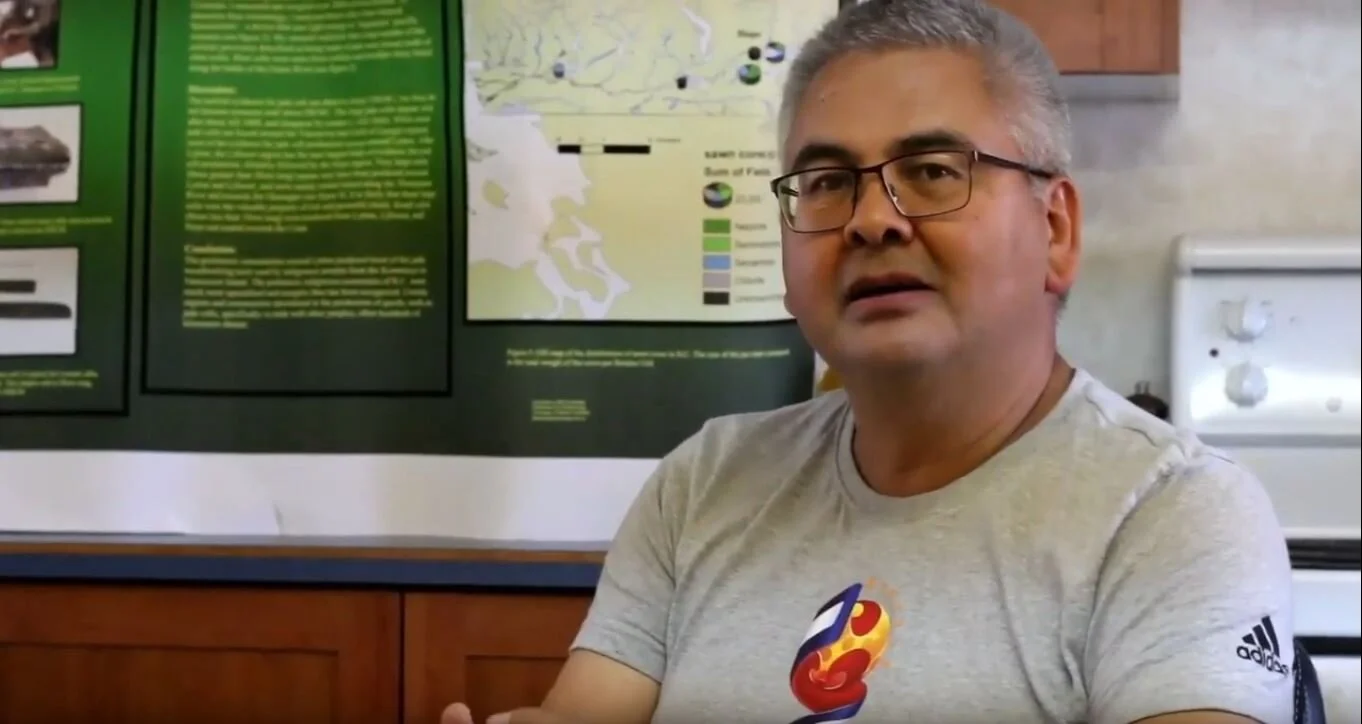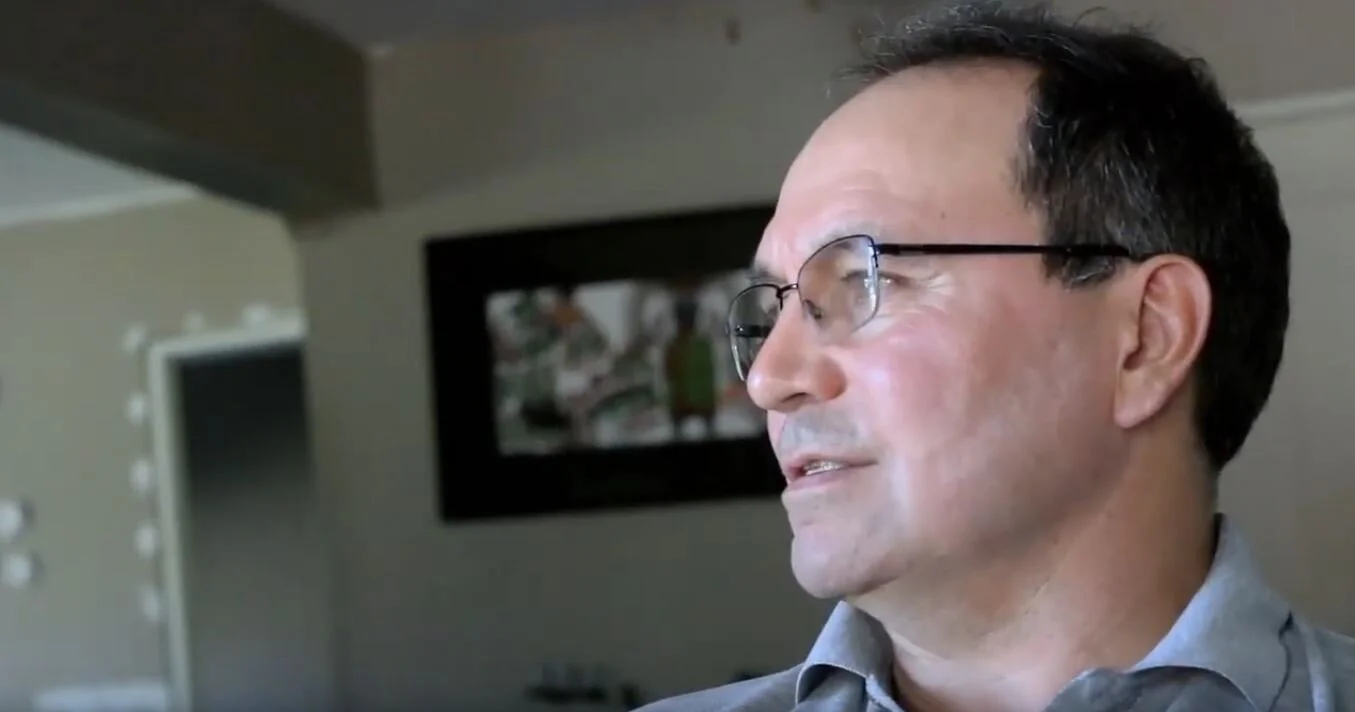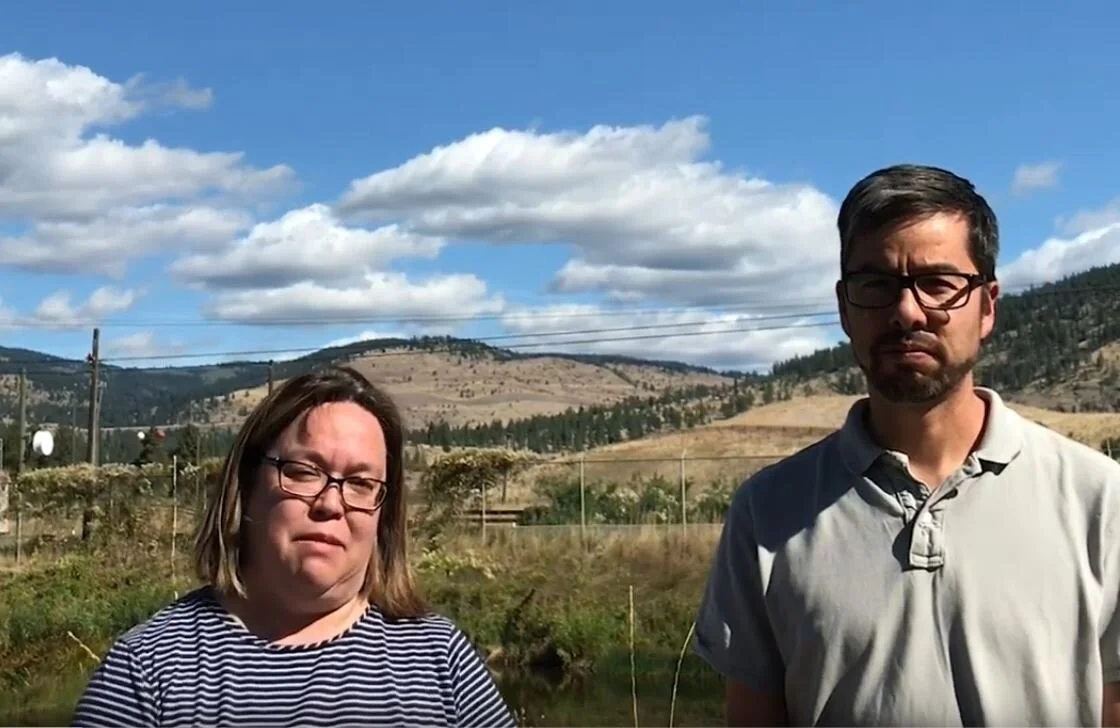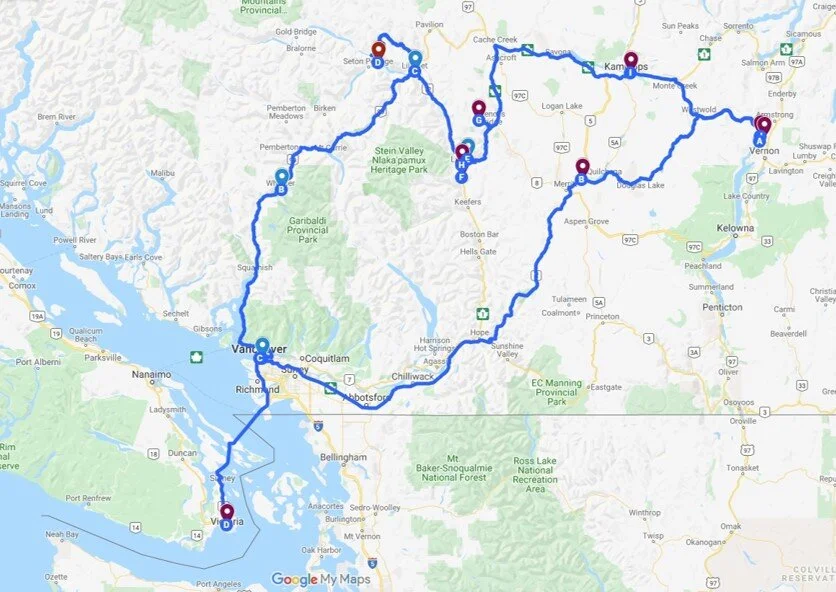“We spoke to Syilx and Coast Salish experts in Indigenous laws and learned the importance of restoring relationships, showing respect, engaging with communities, acknowledging responsibilities and obligations, and re-examining our notions of justice, restitution, and reconciliation.”
In the summer of 2019, Nlaka’pamux lawyer Ardith Walkem and UBCIC researcher Angie Bain traveled to several Indigenous communities in BC to conduct video interviews with experts on their home territories.
These experts described the cultural and material impacts of damaging federal government policies related to Indigenous lands and assets.
Experts also discussed the need to find real remedies for these historical wrongs; they said that these remedies should be culturally meaningful, based on Indigenous legal protocols. The experts explain the need to consider approaches to restitution other than cash settlements (which are currently the only option provided by the federal government).
These video interviews are organized in six categories, based the principles for how redress for past wrongs can be based on Indigenous laws, as outlined in the discussion paper, A New Way Forward.
WATCH EXPERT VIDEOS (ORGANIZED BY PRINCIPLE)
ANGIE BAIN’S ACCOUNT OF THE TRIP
In the last weeks of August, the UBCIC Indigenous Laws team went out on the road to meet with community members throughout the province of British Columbia to discuss the importance of incorporating traditional laws into the specific claims process. With a tight schedule, and hundreds of kilometres to travel, our team visited the territories of the St'át'imc, Nlaka’pamux, Secwepemc, Syilx and the Coast Salish. Led by Ardith Walkem and Angie Bain, and joined by our families – Halie, Sophie, Hannah, Calum and Watsi – we went out on the land to meet with knowledge holders and leaders. Our children, Sophie, Hannah and Calum, helped with the filming, taking photos and witnessing the knowledge that was shared. As we visited each community, learning more about the issues and concerns behind their specific claims, we came to better understand the connections between land and communities and between communities and Indigenous laws.
Visiting the remote community of Tsal’alh, we marvelled at the beautiful waters of Seton Lake while learning about the railway that cut off access for the community. We learned about the importance of accessing traditional fisheries on the banks of the Fraser River at Skuppah and on the shores of Nicola Lake near reserves of the Lower Nicola Band. Travelling by 4x4, we traversed backroads to see reserves no longer viable for the Cook’s Ferry Band due to the loss of water. In the Okanagan, we saw the impact of the loss of a traditional harvesting and gathering site and the important work now being done in reviving women’s harvesting practices. We spoke to Syilx and Coast Salish experts in indigenous laws and learned the importance of restoring relationships, showing respect, engaging with communities, acknowledging responsibilities and obligations and re-examining our notions of justice, restitution, and reconciliation.








